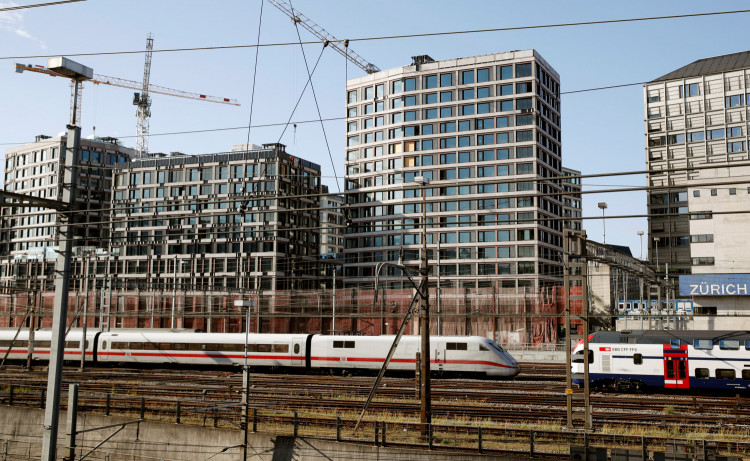China's state planner has recently announced that it will pump 95 billion Yuan or $14 billion to fund the upcoming urban railway project in the eastern city of Suzhou. This is the second major urban railway project approved by the state.
The boost in urban transportation infrastructure came in a time when the world's second-largest economy is starting to slow down. Many experts believe that the recent railway project for Suzhou was implemented in order to mitigate the effect of the slowing economy.
Heading the project is the National Development and Reform Commission (NDRC). The commission has approved the budget of $14 billion to fund the expansion of the Suzhou urban rail network. This was confirmed by the Suzhou Rail Transit in a statement released on Tuesday.
The massive undertaking will include the construction of four urban transit lines. In total, the project will add an estimated length of 137 km or 85 miles to the existing train line.
The latest project for Suzhou was approved following the report on Sunday that top Chinese officials have given the green light to start the urban rail project in the northeastern city of Changchun. The project has an estimated cost of 78.7 billion Yuan.
The project in Changchun was the first of its scale to be approved following the suspension of some infrastructure project due to rising cost and local government debt.
There is a growing economic concern following the recent trade war tension between China and the United States. The two countries are imposing massive trade tariffs to somehow stymie each other's growth.
In response to the bitter trade war against the U.S., China has instead shifted its focus towards boosting domestic trade and infrastructure project. Experts believe that by boosting domestic trade, China can somehow mitigate the negative repercussions of engaging in a bitter trade war with the U.S.
Aside from the trade war, China is also experiencing a rather slow growth record in the first seven months of the year. Data shows that the country's infrastructure spending from January to July slowed to 5.7 percent, as opposed to the record 7.3 percent growth the same time last year.
The Suzhou Rail Transit and the Changchun Rail Project are just two of China's planned domestic infrastructure project for this year. By boosting infrastructure spending, it will create local jobs and also boost local economies. Moreover, the two projects will also boost demand for some highly valuable materials like steel, aluminum, copper, and zinc.
The Suzhou Rail Transit project is expected to start within this year. Project managers are estimating to finish the job in 2023.





